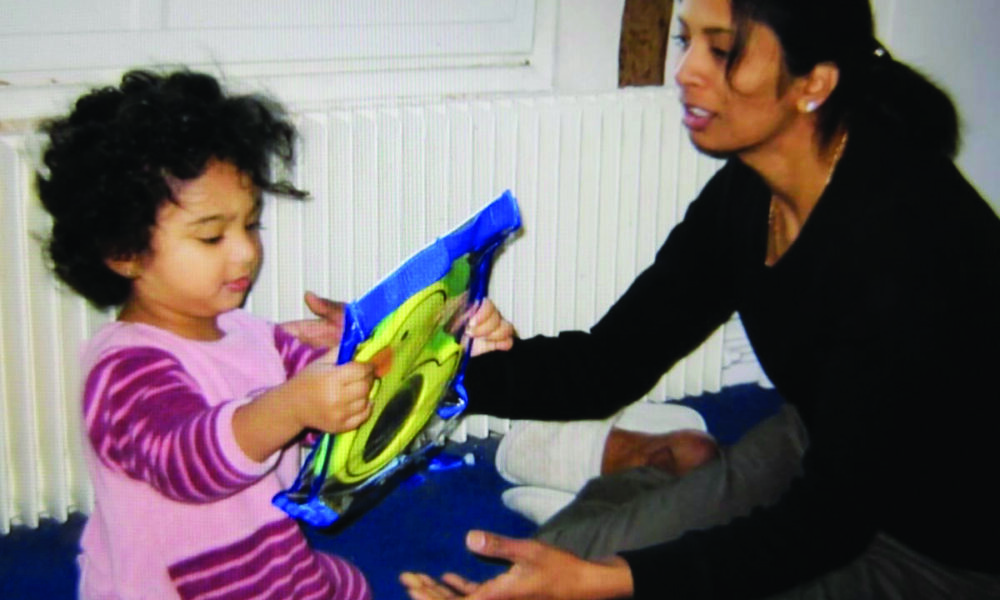I’ve always wanted to be an astronaut. When I was seven, I begged my mom for a telescope, convinced that the €40 plastic lens would equip me well enough to pierce through the polluted Parisian sky and uncover the secrets of the universe. I never got the telescope, and so naturally, I never became an astronaut.
Carrying the weight of this professional failure at such a young age was incredibly distressing. Years passed, and as I slowly mourned the loss of a life spent in space, while the calls of the job market only became louder. I needed to find something else. At eleven years old, I finally decided: I was going to be a journalist. After all, I liked asking unnecessary questions and writing stories about everything and nothing, so why not?
Well, dear past-me, here’s a few “why nots.” My parents get credit for most of them, and sadly, part of me can’t even disagree. When I come home to visit, conversations at the dinner table go to the tune of how will you make money to start a family?, journalism is a dying industry and AI will take your job, or —my personal favourite—feminist girls like you should be in science. Yet here I am at twenty years old, having failed modern feminism and writing about it for my university’s newspaper. Nine years after abandoning space exploration, I still want to be a journalist.
Journalism never came to me as a revelation. I found myself wavering among choices, swinging back and forth between a career in diplomacy, publishing or the music industry until eventually, journalism was the only thing that stuck—a blessing and a curse. As I see many around me facing an existential crisis, uncertain of the life their future job may bring them, I sometimes envy them. Truly, I often wish I didn’t know where I was heading. In French, we say journalism is a “métier-passion,” or a job you need to do with passion—but passion doesn’t pay the bills.
With every local paper shutting down or falling into the hands of another conservative billionaire, with every new team of reporters being laid off or every ad that pops up as I read my articles—my heart sinks a little. I think to myself, “Democracy does not die in darkness, it dies behind a paywall.”
My worries are not simply about the industry itself. Our collective attention spans are getting shorter, and we mostly consume news in concentrated shots of information. How can we produce compelling stories that hold the powerful accountable, if no one has the bandwidth to read them? Is there a future where people have the time to read past the headline? I don’t have the answers to any of these questions, and frankly, I’m not sure I want to know anyway. Despite this, my hope for journalism is undeterred and I still pine for a future in it.
I’m well aware that student journalism is its own comfortable bubble, where being overworked and underpaid is not an immediate reality. Maybe that’s precisely the reason why I still have so much hope—it’s a tiny window into what professional journalism could be, in a better world. Every time I open a new issue, my doubts about the future seem to go away as my eyes glide over the freshly printed paper. There is a new generation out there that still understands the importance of writing people’s stories, of speaking truth to power.
But I realize now that it doesn’t really matter whether I’m right or wrong because, truth is, I don’t have a choice. It’s probably too late for me to become an astronaut, and journalism is the only other option that checked all the boxes on my list of job requirements. Looking back, I’m almost glad my mom never bought me the telescope. I no longer want to see the pale blue dot we live on from a distance. I prefer to zoom in as close as possible on what’s going on around me––to ask questions, write stories and uncover new kinds of secrets.









